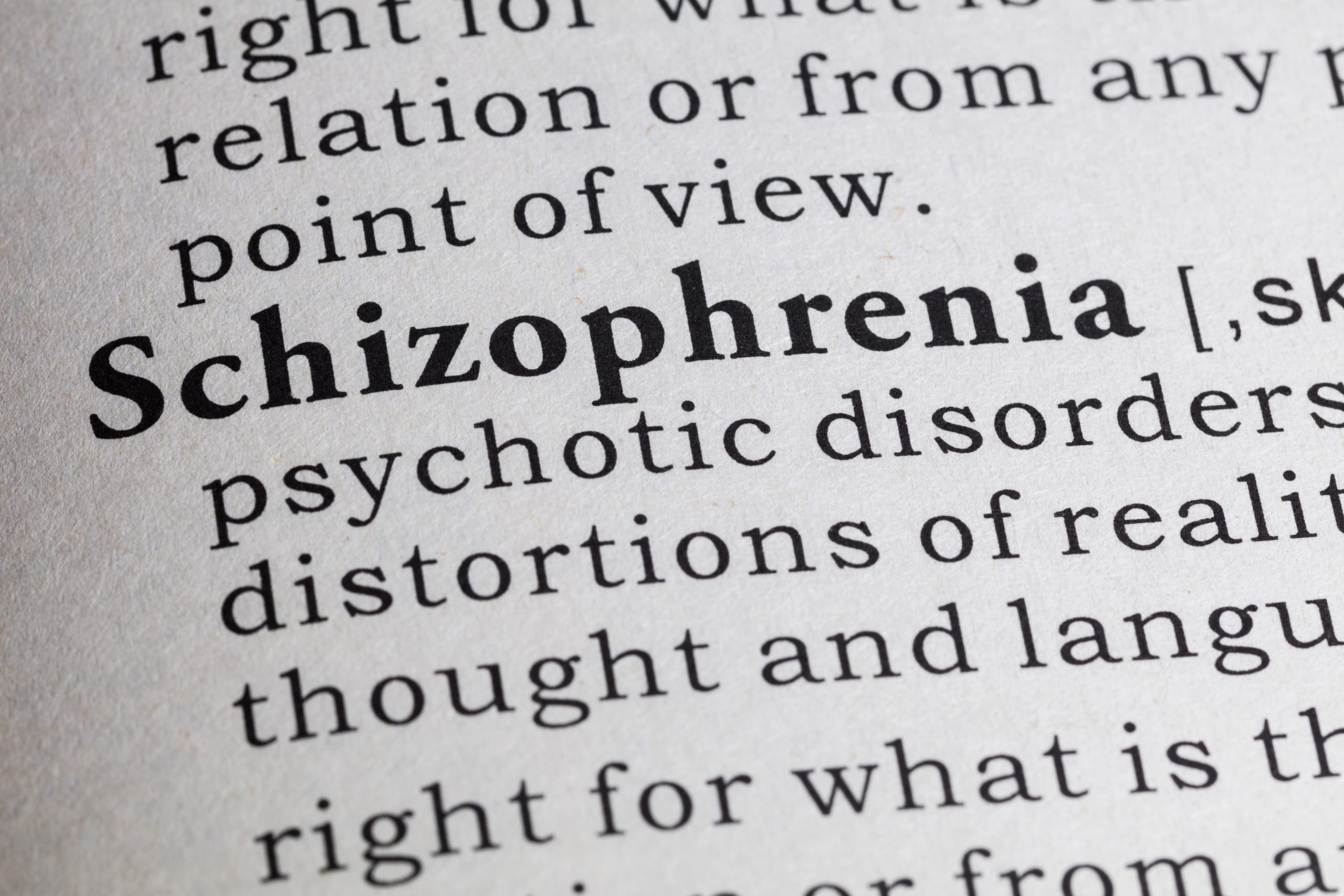Schizophrenia can impact different people in different ways. For example, certain people who have this disorder don’t experience several of its more common symptoms. Depending on the types of symptoms these individuals do experience, they may have a form of the disorder that is often referred to as residual schizophrenia.
What is Residual Schizophrenia?
Schizophrenia is a complex mental health concern that is characterized by two general types of symptoms. These symptoms are typically categorized as positive and negative:
- Positive symptoms: Sometimes called psychotic symptoms, this category includes hallucinations, delusions, disorganized speech, and abnormal behaviors or body movements.
- Negative symptoms: This category includes symptoms such as diminished emotional expression, lack of motivation, monotone speaking, and social withdrawal.
People who have residual schizophrenia only display negative emotions. Some experts may describe residual schizophrenia as a distinct form of schizophrenia, while others view it as a stage in the progression of the disease.
Is Residual Schizophrenia a True Disorder?
Yes, residual schizophrenia is a true, real, legitimate mental health concern. The reason you may have some questions about this is due to a discrepancy between the two reference books that contain the authoritative criteria for diagnosing and categorizing mental health disorders:
- The Diagnostic and Statistical Manual of Mental Disorders (DSM): This reference is published by the American Psychiatric Association (APA). The first edition of the DSM was published in 1952. The DSM-5 was released in 2013. It is primarily used by clinicians in the United States.
- International Classification of Diseases (ICD): The ICD, which is maintained by the World Health Organization (WHO), began as the Bertillon Classification of Causes of Death in 1893. The current name first appeared in the title of the sixth edition in 1949. The most recent edition (ICD-11) was released in 2018. The ICD is used by healthcare professionals in most nations.
The DSM-4 included entries for five types of schizophrenia: paranoid, disorganized, catatonic, undifferentiated, and residual. When the DSM-5 was being written, the entries for residual schizophrenia and the other four types were eliminated. However, references to the residual phase of schizophrenia remain in the DSM-5.
The ICD-10, which is still being used by many clinicians in many nations, contains definitions for seven types or stages of schizophrenia, including residual schizophrenia. These definitions are not present in the ICD-11. However, as with the DSM-5, the ICD-11 notes that people may have residual phases in the periods between acute episodes.
It is important to remember that symptoms are real regardless of whether or not they strictly adhere to a set of established diagnostic criteria. People who have been living with the symptoms of residual schizophrenia (which we will explain in greater detail in the next section) deserve the same level of professional attention that someone with a clearly defined disorder can expect to receive.
What Are the Symptoms & Effects of Residual Schizophrenia?
As noted earlier in this post, residual schizophrenia is characterized by the presence of negative symptoms. Thus, a person who has residual schizophrenia will not experience hallucinations, delusions, and certain other classic signs of this mental health concern.
Someone who has residual schizophrenia may exhibit the following symptoms:
- Speaking in a flat, emotionless tone, with little to no inflection in their voice
- Maintaining a stoic expression or displaying no emotion via facial expressiveness
- Appearing to have little or no interest in engaging with others
- Withdrawing from family and friends, potentially to the point of self-isolation
- Demonstrating little to no motivation to engage in goal-based tasks or activities
- Refusing food or having no apparent desire to eat
- Failing to maintain basic grooming and hygiene
- Reduced ability to experience pleasure (which clinicians refer to as anhedonia)
These symptoms can understandably be sources of considerable distress, both to the person who experienced them and to their friends and family members. A person who needs, but does not receive, proper professional care for residual schizophrenia may have an elevated risk for negative outcomes such as:
- Failure in school
- Chronic unemployment
- Inability to establish financial independence
- Health problems due to poor nutrition and/or insufficient self-care
- Diminished capacity for forming and maintaining healthy relationships
- Onset of co-occurring metal health concerns or exacerbation of existing co-occurring symptoms
- Lack of essential interpersonal support
- Pervasive sense of hopelessness
- Thoughts of self-harm and/or suicide
How Can Residual Schizophrenia Be Treated in Nashville, TN?
Residual schizophrenia may be treated with a combination of therapy and education. Antipsychotics and other medications are often used to alleviate some positive symptoms of schizophrenia. However, the U.S. Food and Drug Administration (FDA) has not yet granted approval for any medications to treat negative symptoms.
A 2020 article in the journal Neuropsychiatric Disease and Treatment notes that skills training, cognitive behavioral therapy (CBT), cognitive remediation therapy (CRT), and motivation and enhancement training (MOVE) are among the therapeutic and educational services that can help people who have negative symptoms of schizophrenia.
There is no single, ideal form of treatment for everyone who has this disorder. When seeking professional help for someone who has this disorder, it is important to find a provider whose services best match the needs, goals, and preferences of the individual who will be receiving care.
Find Treatment for Schizophrenia in Nashville, TN
Arbor Wellness provides a full continuum of customized services for adults who have been experiencing symptoms of residual schizophrenia. Our center in Nashville, TN, is a safe place where adults receive structured clinical care and comprehensive support from a team of dedicated and compassionate professionals. Give us a call or visit our admissions page today to learn how we can help you or your loved one.


















